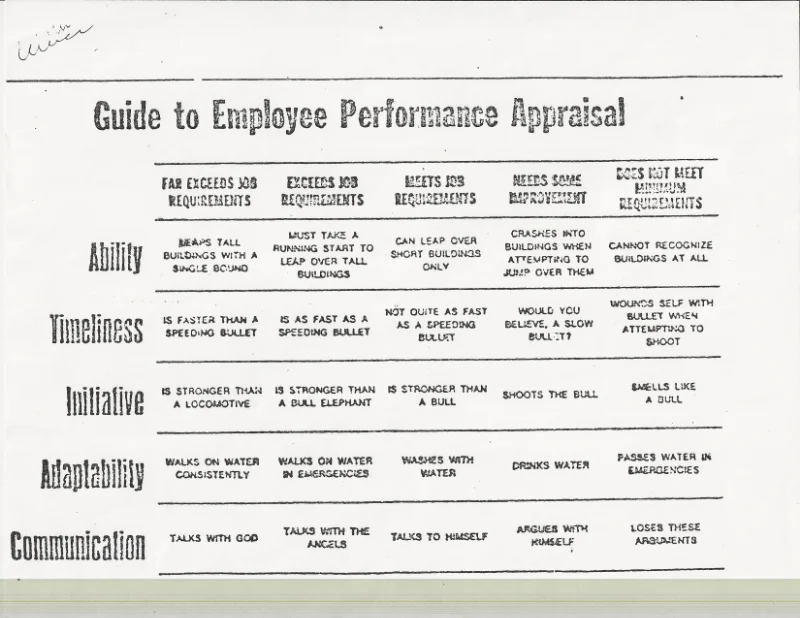Happy 4th ... some thoughts on Patriotism
/"There are three kinds of patriots, two bad, one good. The bad ones are the uncritical lovers and the loveless critics. Good patriots carry on a lover's quarrel with their country..." William Sloane Coffin, Jr.
I am praying that we can find a way to stay with the "lover's quarrel" patriotism and not let our anger turn into loveless criticism or our desperation turn into uncritical love of our own positions.













